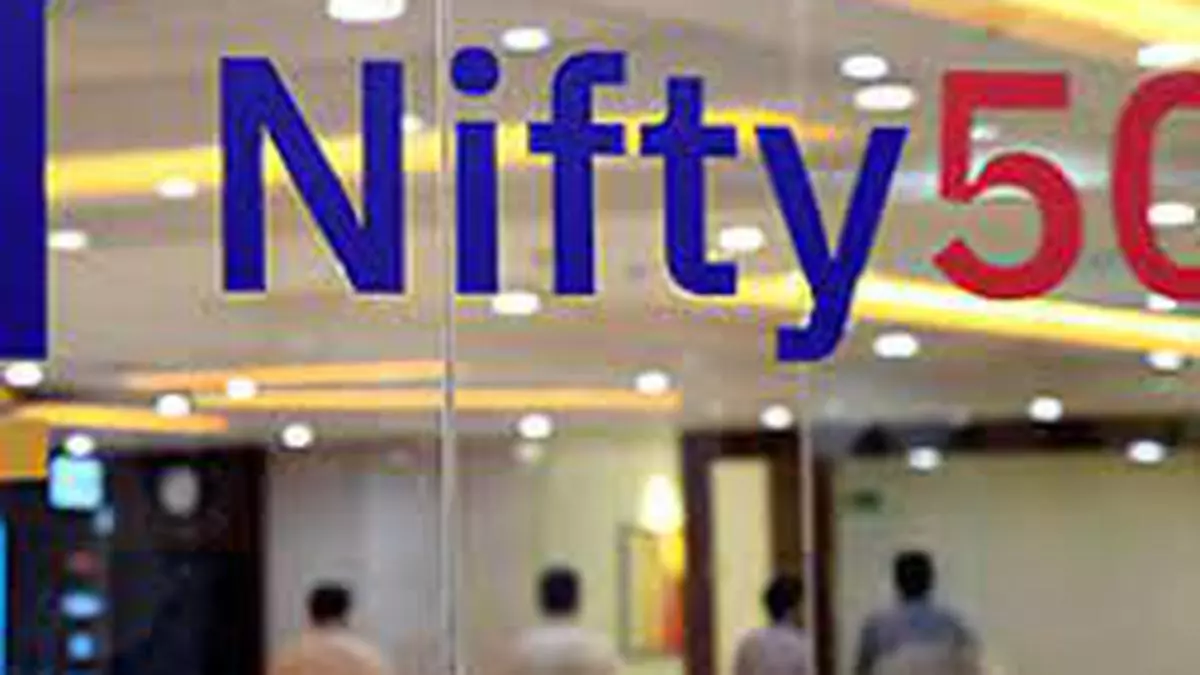PMS schemes outperform Nifty in CY23
The majority of portfolio management services (PMS) schemes outperformed the benchmark Nifty 50 and Nifty 500 in the calendar year 2023 amid a rally in mid- and small-cap stocks. 87 per cent, or 277 of the 318 PMS schemes, were able to beat the returns generated by the benchmark in CY23, data from PMS Bazaar show. The 318 schemes collectively delivered average returns of 35.3 per cent, far higher than the 20.1 per cent delivered by the benchmark Nifty50.
72 per cent of the schemes beat Nifty 500, which clocked gains of 25.8 per cent in CY23. 62, or about a fifth of the schemes, were able to beat the Nifty Midcap 100 returns of 47 per cent and 29 schemes were able to beat the gains of 56 per cent made by Nifty Smallcap 100 last year.
Notably, the large-cap, multi-cap and small-cap categories of PMS schemes have outperformed the respective mutual fund categories by two percentage points each in the same period. Mid-cap MF schemes, however, have outperformed their PMS peers, data from Value Research show.
Last year, about 70 per cent of the PMS schemes had underperformed their respective benchmarks.
Best, worst performers
Invasset’s Growth Pro Max Fund, a multi-cap strategy, was the top performer in CY23 with returns of 96.6 per cent, followed by Aequitas Investment Consultancy’s India Opportunities Product (91.2 per cent) and Shepherd’s Hill Financial Advisors’ Value Magno (89.5 per cent).
Marcellus’s Little Champs, a small-cap strategy, was the worst performer with returns of -1.3 per cent. Scient Capital’s Aries Mid Yield and Zen PMS (High Grade Debt PMS Strategy) were the other two schemes that fared abysmally with returns of 1.7 per cent and 5.9 per cent, respectively. “The euphoria in the market and the broad market rally has aided the performance of PMS schemes,” said Sameer Kamdar, founder and CEO, Smart Money.
Most of the PMS schemes tend to adopt concentrated portfolios, which can work both ways. If few of the calls go wrong, it can hit the overall performance. In 2018-19, a number of wealthy individuals migrated from mutual funds to PMS in search of alpha. Many of the PMS schemes, barring the top-performing ones, had struggled to deliver alpha in the following years.
PMS investors are at a little disadvantage vis-a-vis mutual funds on the taxation and fees front. Investors have to pay an additional tax of 0.6-0.8 per cent on the PMS schemes vis-a-vis equity MFs since all transactions happen on their respective trading accounts. In certain cases, they have to shell out profit share to the manager if returns are over a certain hurdle rate.
PMS schemes managed ₹25.9 lakh crore under the discretionary portfolio, ₹2.55 lakh crore under the non-discretionary portfolio, and ₹2.45 lakh crore under advisory, latest regulatory data showed. The PMS segment invests money on behalf of well-off individuals. The minimum investment that regulations allow is ₹50 lakh.
